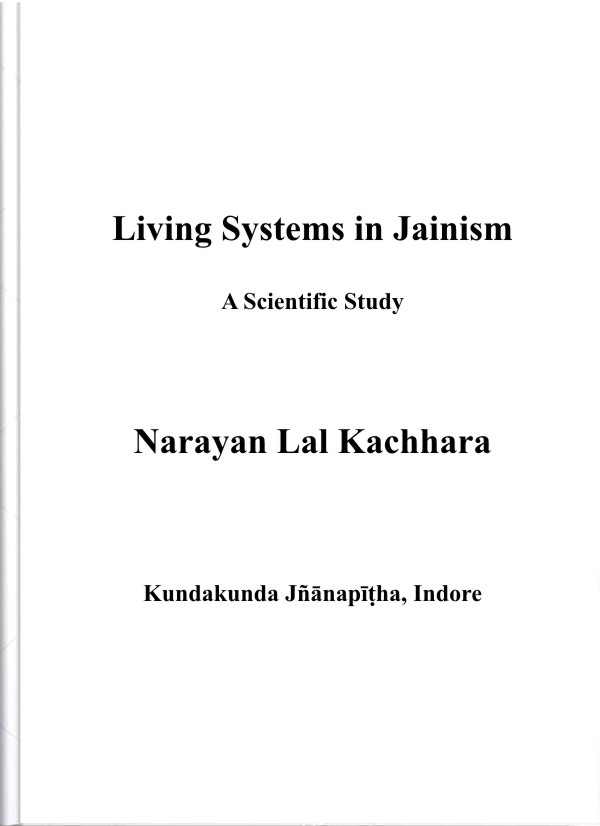After Sudharma, Mandika went to Mahavira. Mahavira addressed him, "Mandika! You have a doubt about bondage and Moksa. You wonder: If the association of karma with the soul is bondage, then does this bondage have a beginning? If it has a beginning, did the soul exist first and then karma was bonded to it, or did karma exist first and then the soul was born, or did both come into being simultaneously? All of these options are objectionable for these reasons:
- The soul cannot exist before karma, because if the soul is assumed to be born without any valid reason than it can also be destroyed without any valid reason.
- Karma cannot exist before the soul, because the soul is the doer of karma. Karma also cannot bond without a reason, since in that case it will have to be assumed that it can also be destroyed without reason. So karma cannot exist before the soul.
- If both soul and karma are assumed to come in existence simultaneously, then the soul cannot be the doer and karma cannot be the action of the soul.
“The association of soul and karma is also not permanent, because in that case the soul cannot attain Moksa. Anything that is beginning less and endless must also be infinite, like the association of soul and akasa.” Clearing these doubts, Mahavira said, "The association of the soul and karma is beginning less because they have a cause and action relationship, like a seed and a sprout. As a sprout is produced from a seed and a seed is produced from a sprout, and as this process is going on from beginning less time, the offspring of both is also beginning less. Therefore, none of these three options about the origin of karma are true. The soul creates the body by karma, so it is the creator of the body, and also creates karma by the body, so it is the creator of karma. The association of the body and karma is beginning less and so is the association of the soul and karma. Therefore the bondage of the soul and karma is beginning less.
“It is not logical that something that is beginning less is also infinite in time. The seed and sprout have a beginning less association, but this association can come to an end. Similarly, the association between the soul and karma can also be brought to an end. This is achieved by right faith, right knowledge and right conduct. ”Mahavira then described Moksa and the nature of bhavya (capable of Moksa) and abhavya (incapable of Moksa) souls.
"The association of soul and karma is terminated by appropriate means. Any product obtained by artificial means is temporary, like a pot. So is Moksa, attained by employing (proper) means, also temporary?" Mahavira clarified, "This rule, that an artificial product is temporary, is forced. The pot, although produced artificially, has the property of transformation. If this transformation property is temporary, then on the loss of the transformation property a broken pot should again revert to its original state. So the transformation, although brought about by artificial means, is permanent. Similarly, though attained by adopted means, Moksa is permanent." Mahavira then explained the form of emancipated souls and cosmology.
All doubts of Mandik were cleared, and he and his 350 disciples accepted the Order of Mahavira.
 Dr. N.L. Kachhara
Dr. N.L. Kachhara
